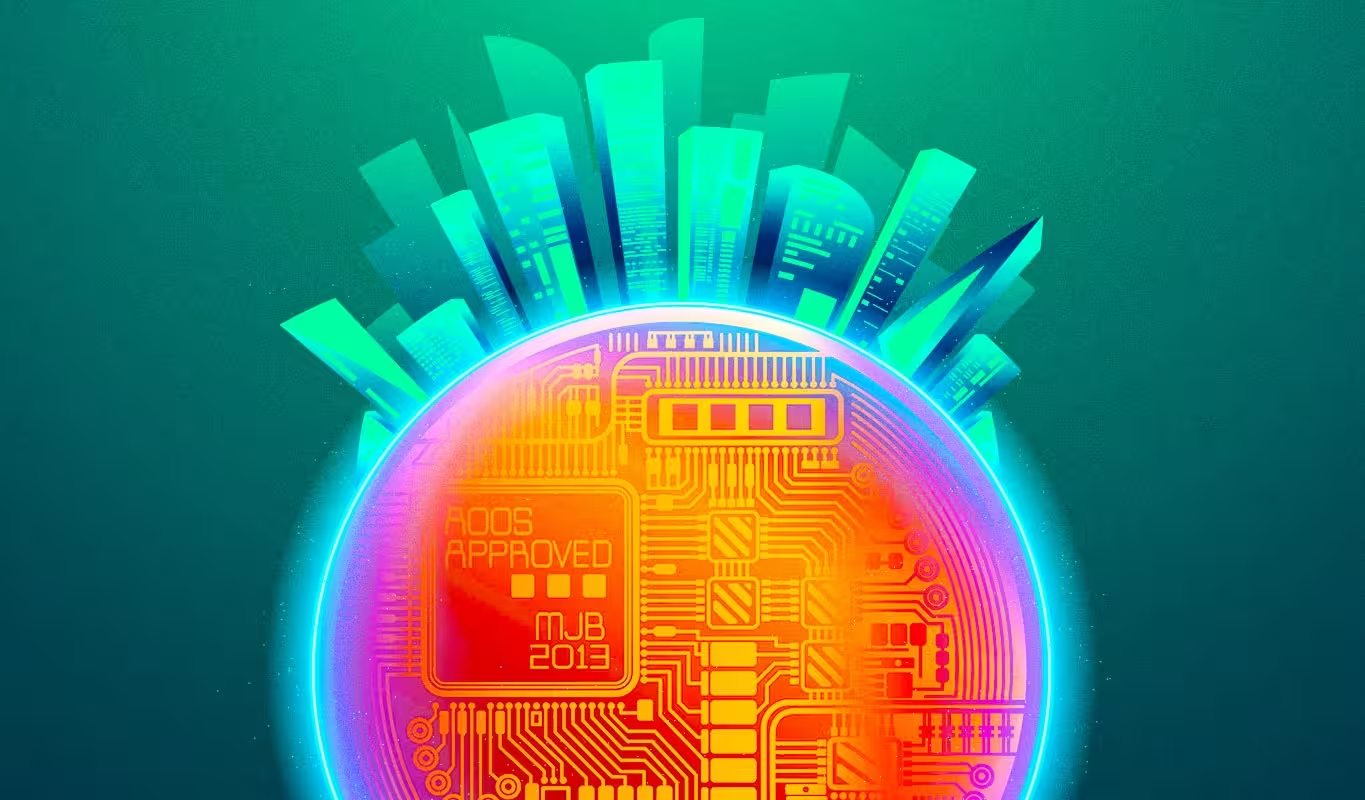HodlX Guest Post Submit Your Post
Amid soaring inflation rates that continue to impact the cost of living, it’s impossible to know for certain when inflation will slow down.
Until then, populations continue facing significant financial strain while grappling with the rising cost of living.
Given these circumstances, it’s clear that not everyone can afford to invest thousands into high-risk, high-reward investments and stock options to hopefully generate extra income.
However, RWA (real-world asset) tokenization could provide an appealing alternative.
Tokenized RWAs, for those unfamiliar, are physical assets like real estate, art or commodities that are digitized and represented by tokens on a blockchain.
The process of tokenizing RWAs follows a few steps that begin with defining if the token is fungible or non-fungible, selecting the issuing blockchain, third-party auditing for the off-chain asset, issuance and post-issuance management.
With assets like art, for instance, a gallery or auction house could offer tokenized shares of blue-chip works by Picasso or Warhol and owners of these shares would receive a portion of the profit once the physical artwork is sold.
Likewise, banks like HSBC now offer a Gold Token, enabling those who perhaps can’t afford to buy gold bars to possibly achieve passive income as the price of gold rises.
By enabling fractional ownership, tokenized RWAs allow even those with limited capital to participate in substantial ventures, opening opportunities for financial growth and stability, particularly for young investors.
But is it quite ready to do that?
The rocky path to investing uncertainty
Understanding how tokenized RWAs could impact the investment landscape starts with taking the temperature of today’s investment ecosystem.
The current investment landscape reflects a cautious and guarded approach among the public especially younger generations with a greater aversion to investing.
That being said, these aversions are not unfounded. Although it has been 16 years since the 2008 global financial crisis, its lingering impact is still felt by millions worldwide.
Reports have shown that the recession significantly eroded trust, leaving many hesitant to invest as the world witnessed one of history’s worst financial crises, wiping more than $2 trillion from the global economy.
Even those who were too young to invest in 2008 still have skepticism due to wariness of potential losses and
Click Here to Read the Full Original Article at The Daily Hodl…
























